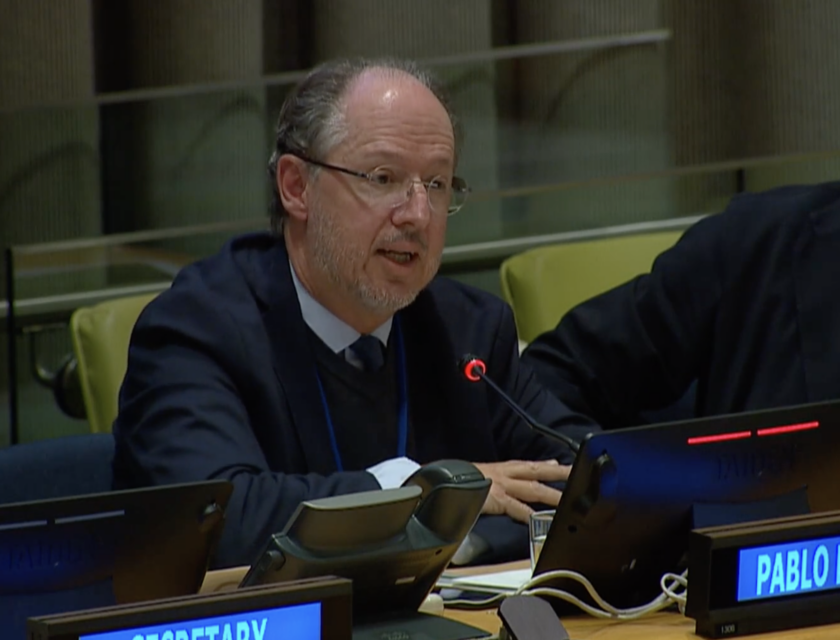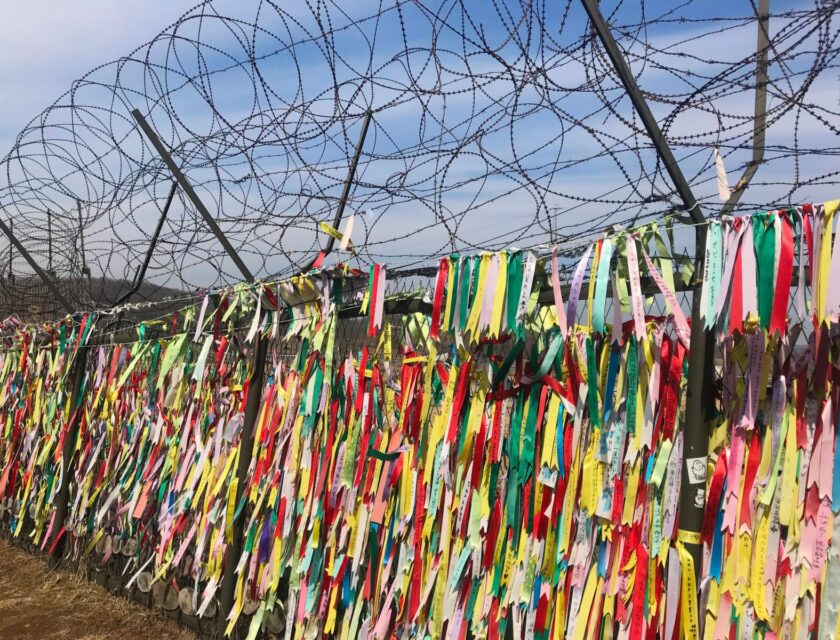centering prevention in human rights advocacy.
Conflict is a major driver of human rights abuses and a significant hurdle to global justice. To address this, the Center, in this line of work, runs a number of initiatives to help prevent conflict and conflict-related human rights abuses and sustain peace.
safeguarding human rights at the intersection of national security.
Too often, the threats posed by national security policies and practices go unrecognized or underrecognized. To address this gap, the prevention line of work at the Center promotes approaches and policies that foreground the prevention of human rights abuses in national security policies and other related realms of governance. This includes the work of Pablo de Greiff, who directs the Transitional Justice Program and the Prevention Project at the Center and also served as the UN Special Rapporteur on the promotion of truth, justice, reparation, and guarantees of non-recurrence from 2012 to 2018. In addition, the Center applies insights from its scholarship on prevention to work with and issue recommendations to key stakeholders, including those within the UN system.
ongoing project
The Prevention Project
Effective prevention relies on insights produced across traditional disciplinary boundaries. This project generates such insights and applies them to enhance legal actions that mitigate conflict and conflict-related rights violations. Such work is sustained by a community of practice that the Project facilities, wherein key actors in the prevention field come together to refine and advance a comprehensive framework for prevention.

UN Commission of Inquiry
Ukraine: Enforced disappearances committed by Russian authorities amount to crimes against humanity
Pablo de Greiff
Enforced disappearances committed by Russian authorities in a widespread and systematic manner against the civilian population in the context of their full-scale invasion of Ukraine, amount to crimes against humanity, said the Independent International Commission of Inquiry on Ukraine in its latest report.

UN Commission of Inquiry
Statement on the third-year mark of Russia’s full-scale invasion of Ukraine
Pablo de Greiff
For almost three years, the Independent International Commission of Inquiry on Ukraine has been documenting violations of human rights and international humanitarian law, as well as their devastating impact on victims, their families and their communities.

UN WebTV
Pablo de Greiff briefs UN Security Council on Ukraine
Pablo de Greiff
Pablo de Greiff, Commissioner of the Independent International Commission of Inquiry on Ukraine, addressed the United Nations Security Council during an Arria Formula meeting.

Open Global Rights
Human rights, prevention, and peace
Pablo de Greiff
Amid worldwide political crises, human rights not only provide redress for rights violations but can also prevent violence and foster social integration
past projects
To address the ramifications of the post-9/11 era, the Torture, Rendition, and Detention Project advocated for a rights-centric approach to counterterrorism. The Project worked to bolster human rights norms in an era in which rights protections contracted and developed improved standards to address evolving security challenges in a rights-protective manner.
From 2013 to 2018, the Center housed Just Security, a go-to online platform for policymakers, scholars, and journalists engaged in US national security and human rights.
The Extrajudicial Executions Project supported the work of Philip Alston during his tenure as UN Special Rapporteur on extrajudicial executions. It produced rigorous analysis of the international laws and norms protecting the right to life in the context of summary, arbitrary, or extrajudicial executions.
As UN Special Rapporteur on the promotion of truth, justice, reparation, and guarantees of non-recurrence, Pablo de Greiff championed a systematic approach to effective prevention, which was outlined as a comprehensive framework in reports to the UN Human Rights Council and the UN General Assembly. De Greiff continues to shape the discourse and framework on prevention through his work with a group of experts on prevention appointed by the Human Rights Council.


